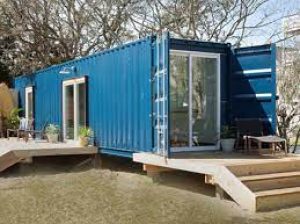Removing the Granny from your Granny Flat
The family home is normally exempt from capital gains tax (CGT), but your granny flat (now classified as part of your overall property) may not be.
Whether your property is exempt or not ultimately depends on how you plan to use the flat.
If you’re renting the flat out to a third party, this would be considered commercial rent, meaning your property could become partially liable to CGT in the event of a sale. In this case, you would also be entitled to tax deductions on the granny flat.
If you plan on renting the flat out for income-producing purposes, you should therefore keep a record of all deductible expenses (i.e. borrowing, maintenance and running costs).
If you’re renting your granny flat out to a third party, it’s important to note not all your property would be liable to CGT in the event of a sale. Any capital gains made on the property since the time the granny flat was constructed would be subject to CGT.
However, this tax is calculated relative to the area of your property occupied by the flat. If the granny flat only occupies one fifth of your overall property, for example, only one fifth of the increase in value since construction of the flat would be subject to CGT.
This situation gets even more complicated if the granny flat is not used to generate rental income on a full- time basis. In this case, the property would only be subject to CGT for the portion of time it was used for income-producing purposes.
Author
Kim Jay

